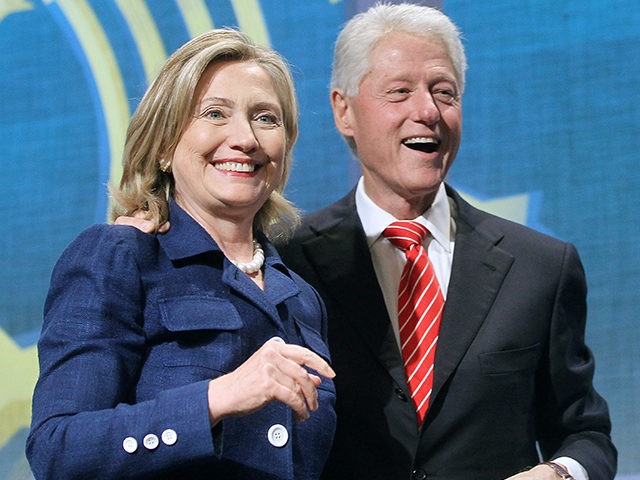This article first appeared in the Economist:
AS POLITICAL theatre, America’s party conventions have no parallel. Activists from right and left converge to choose their nominees and celebrate conservatism (Republicans) and progressivism (Democrats). But this year was different, and not just because Hillary Clinton became the first woman to be nominated for president by a major party. The conventions highlighted a new political faultline: not between left and right, but between open and closed (see article). Donald Trump, the Republican nominee, summed up one side of this divide with his usual pithiness. “Americanism, not globalism, will be our credo,” he declared. His anti-trade tirades were echoed by the Bernie Sanders wing of the Democratic Party.
America is not alone. Across Europe, the politicians with momentum are those who argue that the world is a nasty, threatening place, and that wise nations should build walls to keep it out. Such arguments have helped elect an ultranationalist government in Hungary and a Polish one that offers a Trumpian mix of xenophobia and disregard for constitutional norms. Populist, authoritarian European parties of the right or left now enjoy nearly twice as much support as they did in 2000, and are in government or in a ruling coalition in nine countries. So far, Britain’s decision to leave the European Union has been the anti-globalists’ biggest prize: the vote in June to abandon the world’s most successful free-trade club was won by cynically pandering to voters’ insular instincts, splitting mainstream parties down the middle.
News that strengthens the anti-globalisers’ appeal comes almost daily. On July 26th two men claiming allegiance to Islamic State slit the throat of an 85-year-old Catholic priest in a church near Rouen. It was the latest in a string of terrorist atrocities in France and Germany. The danger is that a rising sense of insecurity will lead to more electoral victories for closed-world types. This is the gravest risk to the free world since communism. Nothing matters more than countering it.
Higher walls, lower living standards
Start by remembering what is at stake. The multilateral system of institutions, rules and alliances, led by America, has underpinned global prosperity for seven decades. It enabled the rebuilding of post-war Europe, saw off the closed world of Soviet communism and, by connecting China to the global economy, brought about the greatest poverty reduction in history.
[…]
In America, where most is at stake, the answer must come from within the existing party structure. Republicans who are serious about resisting the anti-globalists should hold their noses and support Mrs Clinton. And Mrs Clinton herself, now that she has won the nomination, must champion openness clearly, rather than equivocating. Her choice of Tim Kaine, a Spanish-speaking globalist, as her running-mate is a good sign. But the polls are worryingly close. The future of the liberal world order depends on whether she succeeds.Higher walls, lower living standards
Read the rest of the story here.

COMMENTS
Please let us know if you're having issues with commenting.